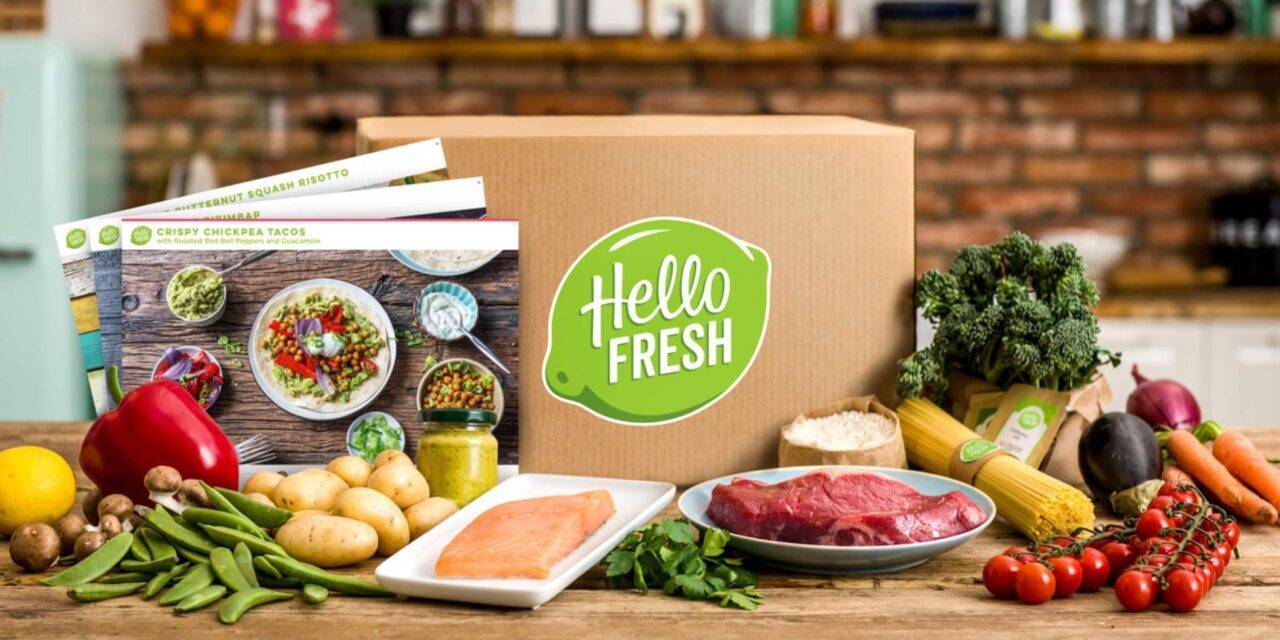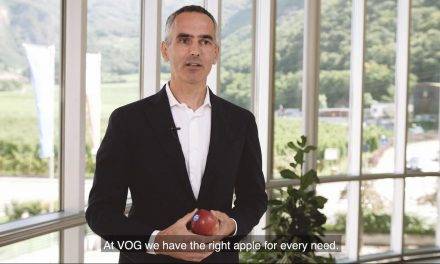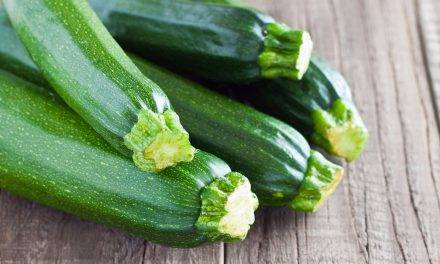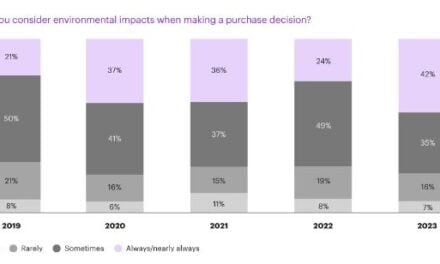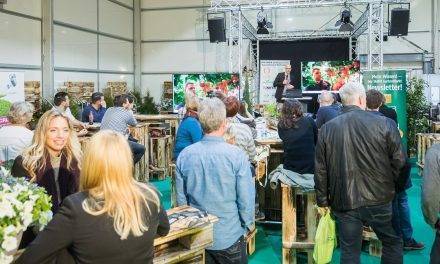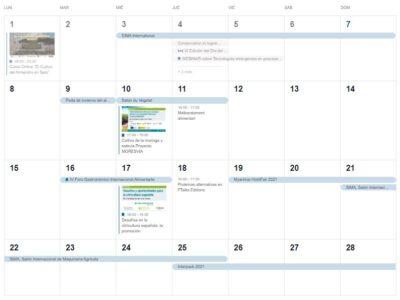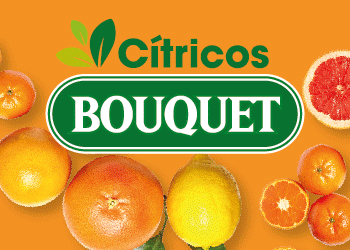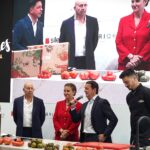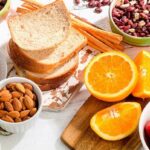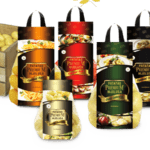The expansion of meal boxes allows a decrease of food waste, are the results of the study by S. Schuster et al., based on 8747 meal observations in six countries
Household food waste is determined by a complex set of routinized behaviors, and disruption of these routines may allow for a decrease in this vast amount of food waste.
The current study examines such a disruption of household routines: the meal box.
The potential of meal boxes to diminish different types of household food waste is investigated for the first time, across different countries.
After providing a framework comparing the effects of different types of meals on food waste, we subsequently examine the effects of subscription-based food supply (i.e., meal boxes) on total meal waste as well as on the different types of food waste: preparation, cooking, and plate waste.
Our dataset contains 8747 meal observations from 955 households in six countries.
Results from a Bayesian multilevel hurdle-lognormal model with random intercept show that, overall, meal boxes reduce total meal waste in comparison to traditionally cooked dinners (38% reduction).
Meal boxes especially lower the occurrence and amount of pan-and-pot food that is wasted (i.e., cooking waste), and also lower the amount of meal preparation waste, yet lead to a higher occurrence of both preparation and plate waste compared to traditional meals.
This shows how differences between meals affect household food waste, something that has received little prior research attention.
Furthermore, whereas most prior research has focused on overall household food waste, our study illustrates that distinguishing between different types of household food waste can provide important new insights.
Source
Do meal boxes reduce food waste from households?
Sebastian Schuster, Melanie Speck, Erica van Herpen, Felix Buchborn, Nina Langen, Mariam Nikravech, Shantanu Mullick, Tilman Eichstädt, Yulia Chikhalova, Emma Budiansky, Tobias Engelmann & Manuel Bickel
Journal of Cleaner Production, Volume 375, 15 November 2022, 134001
https://www.sciencedirect.com/science/article/pii/S0959652622035739
https://doi.org/10.1016/j.jclepro.2022.134001
34 934674040 (ext. 2459) / 689610031

